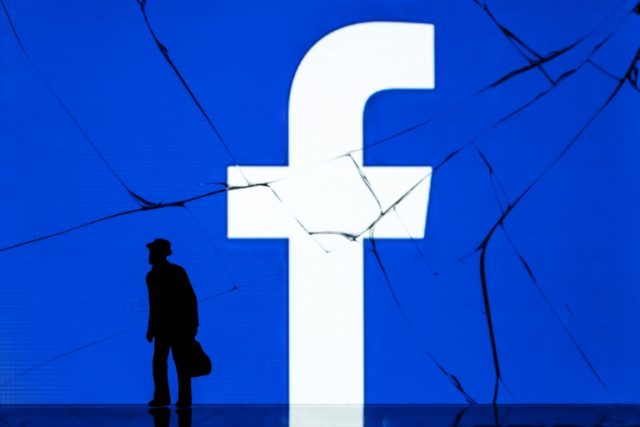Facebook has admitted to deliberately limiting posts that share links to news stories the site considers “fake,” reducing their reach by up to 80 percent.
Facebook’s official Twitter account revealed the previously-undisclosed “shadowbanning” policy in response to an article by CNN’s Oliver Darcy, which attacks the social media Masters of the Universe for not banning the page of alternative news site InfoWars.
Facebook simultaneously touted its commitment to “free speech” while stating that it limits the visibility on posts it doesn’t like by up to 80 percent.
We see Pages on both the left and the right pumping out what they consider opinion or analysis – but others call fake news. We believe banning these Pages would be contrary to the basic principles of free speech.
— Facebook (@facebook) July 12, 2018
Instead, we demote individual posts etc. that are reported by FB users and rated as false by fact checkers. This means they lose around 80% of any future views. We also demote Pages and domains that repeatedly share false news.
— Facebook (@facebook) July 12, 2018
Even CNN’s Darcy noticed the doublespeak, pointing out that Facebook’s policy sounds like “a ban without calling it a ban.”
It seems Facebook wants it both ways.
No outright ban, because free speech.
On the other hand, Facebook wants to claim it effectively demotes pages into oblivion, which sounds to me sort of like a ban without calling it a ban. So what happened to the whole free speech thing?
— Oliver Darcy (@oliverdarcy) July 12, 2018
Limiting the reach or visibility of content without notifying the author is a practice commonly known as “shadowbanning.” Twitter also admits to artificially limiting content that “distorts and distracts from the public conversation,” although the left-wing platform refuses to call it shadowbanning.
Facebook’s agenda has become clear over the past few months: following relentless pressure by Democrats and the mainstream media who blame the social network for allowing Trump to win in 2016, Facebook will begin promoting the establishment, corporate, anti-Trump media while demoting the alternative press.
The first prong of Facebook’s push to reestablish the establishment in cyberspace is its funding of exclusive news content on their site, including CNN’s Anderson Cooper, which they will then promote to users. YouTube, owned by Google, has followed suit with a similar plan, which will see it push handpicked “authoritative news,” directly funded by the video-hosting giant, onto users.
The second prong is Facebook’s crackdown on “fake news,” of which the 80 percent visibility reductions are a key part. In April, Mark Zuckerberg explained that in addition to “spammers and state actors”, Facebook also has a third category of fake news, “real media outlets who are saying what they think is true but have varying levels of accuracy or trustworthiness.”
In other words, Facebook will now determine if the content you share is “accurate” or “trustworthy.” If they think it isn’t, don’t expect many to see it.
Allum Bokhari is the senior technology correspondent at Breitbart News. You can follow him on Twitter, Gab.ai and add him on Facebook. Email tips and suggestions to allumbokhari@protonmail.com.

COMMENTS
Please let us know if you're having issues with commenting.